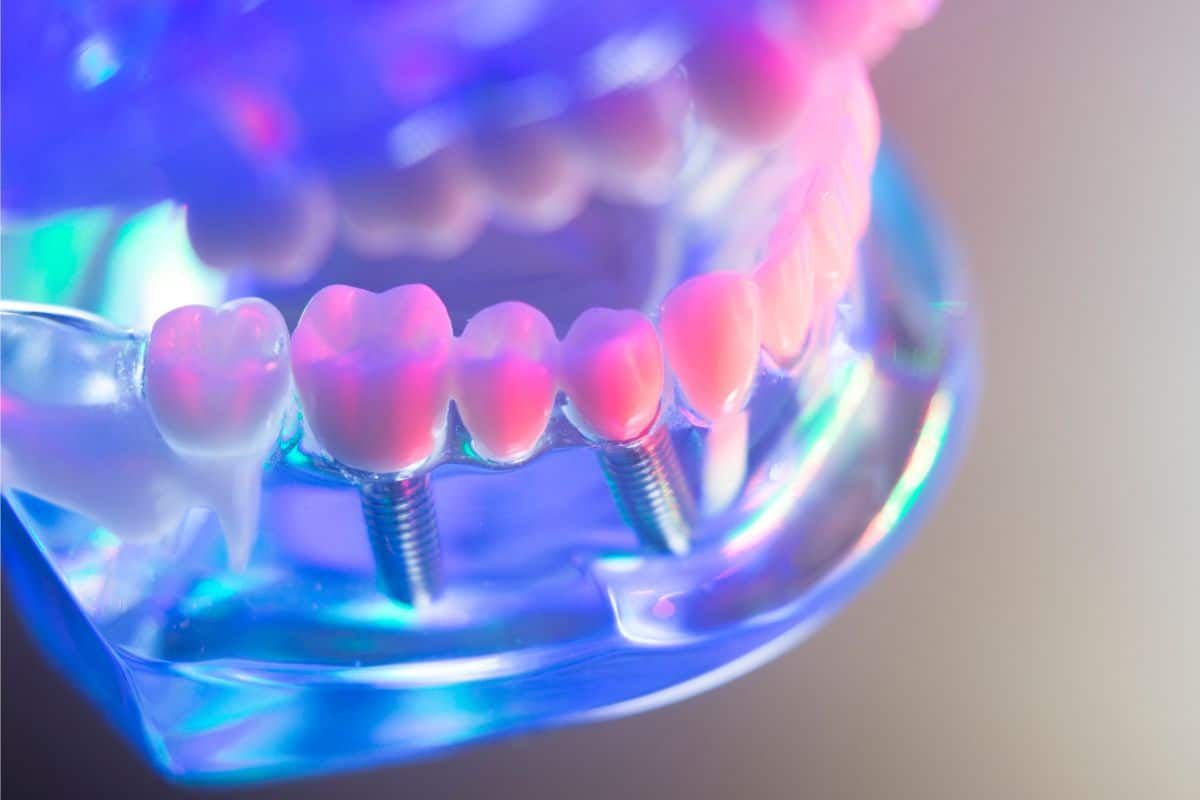Are Dental Implants as Strong as Natural Teeth?

When considering tooth replacement options, many people wonder how dental implants compare to natural teeth in terms of strength and durability. Dental implants are a popular choice for restoring missing teeth, but can they really match the resilience and functionality of natural teeth? Let’s explore the comparison.
Understanding Dental Implants
A dental implant is a titanium rod that is surgically inserted into the jawbone, serving as a substitute for the root of a lost tooth. This post fuses with the bone over time through a process called osseointegration, creating a strong foundation for a crown or bridge. The crown is designed to look and function like a natural tooth, providing both aesthetic and practical benefits.
The Strength of Natural Teeth
Natural teeth are incredibly strong, with enamel being the hardest substance in the human body. Teeth are designed to withstand constant chewing and grinding, and they are supported by a complex network of ligaments and nerves that help absorb shock and pressure. This natural structure allows teeth to endure various forces throughout a lifetime.
How Dental Implants Compare in Strength
In terms of strength, dental implants are comparable to natural teeth in many ways. Once osseointegration is complete, implants become permanently anchored to the jawbone, providing a stable and strong foundation. The titanium post used in implants is highly durable and resistant to wear, and the dental crown placed on top is made from materials such as porcelain or zirconia, which are designed to mimic the strength and appearance of natural teeth.
One key difference is that dental implants do not have the same ligaments and nerves that natural teeth do. While this means implants can’t sense pressure in the same way, it also reduces sensitivity, allowing for more comfortable chewing in some cases.
Durability and Longevity
Dental implants are known for their long-lasting durability. With proper care, they can last 20 years or more, and in many cases, they last a lifetime. Unlike natural teeth, dental implants do not develop cavities, which is a major benefit. However, gum health remains crucial, as gum disease can affect the longevity of implants. Essential tips for maintaining dental implant longevity include regular dental check-ups, proper oral hygiene practices, and avoiding habits that can damage the implants, such as smoking.
Natural teeth, on the other hand, require consistent care to prevent issues like cavities and gum disease. While natural teeth can last a lifetime with proper care, they are more prone to damage from decay or trauma.
Functionality: Chewing and Bite Force
In terms of functionality, dental implants are designed to restore the ability to chew and bite effectively. After healing, most patients find that they can chew with the same level of force they would with natural teeth. Dental implants are stable and do not shift or move, providing a secure bite similar to natural teeth.
Conclusion
Dental implants are an excellent solution for replacing missing teeth, and in many ways, they are as strong and durable as natural teeth. While they may not have the same biological components, they provide the necessary strength for everyday use, making them a reliable long-term option. If you’re considering dental implants, consulting with your dentist can help determine whether they’re the right choice for your dental health needs.

